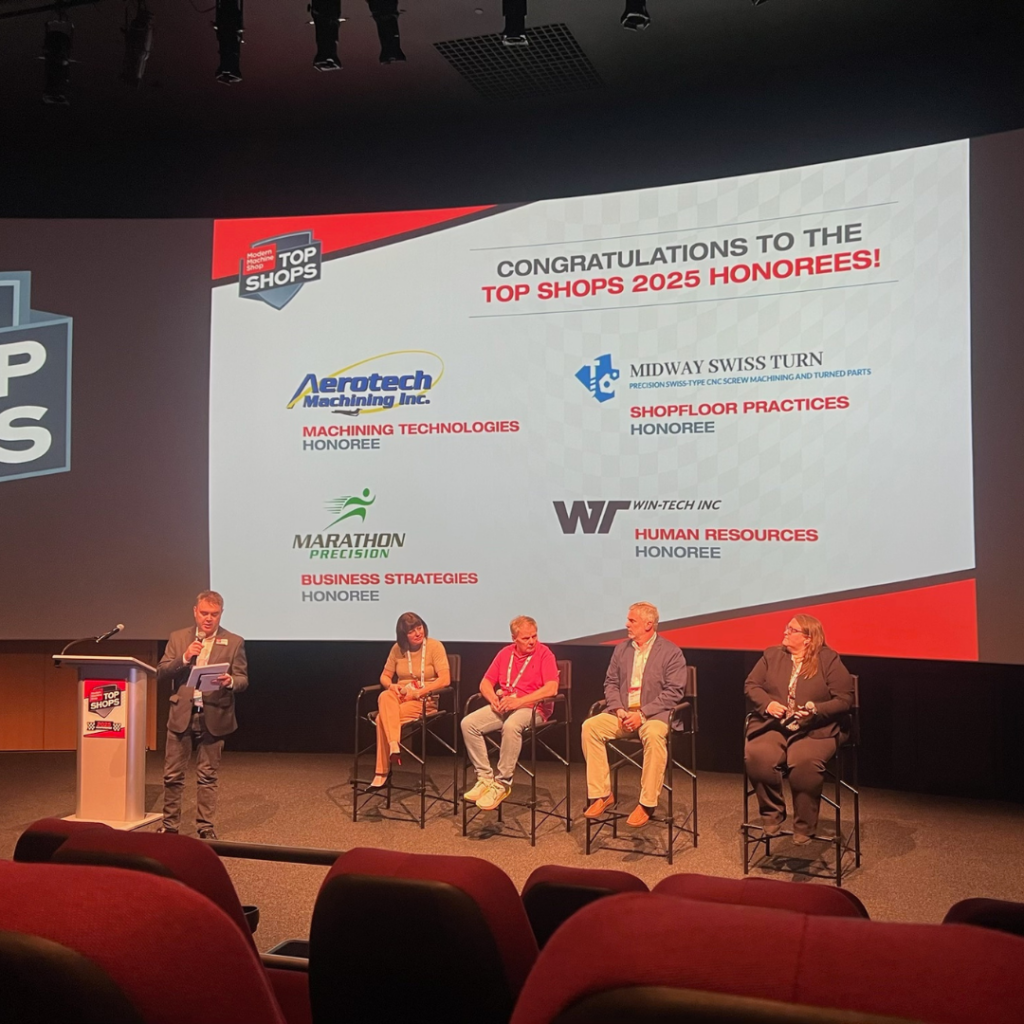A Shot in the Arm
Expanded Coverage: Additional Insights from "Taking the Pulse of Georgia’s Hospitals," December 2024
 In June, Gov. Kemp announced grants totaling $6 million to 13 rural hospitals through the Dual Track Rural Hospital Support program.
In June, Gov. Kemp announced grants totaling $6 million to 13 rural hospitals through the Dual Track Rural Hospital Support program.
“These funds will provide support to initiatives that address critical needs for both Georgia’s rural hospitals and citizens,” Joel Presley, executive director of the State Office of Rural Health said in a statement. “I’m excited to see how these grants will help drive quality healthcare in these communities.”
Awardees chose between funding new or existing graduate medical education programs or direct hospital support. All are using their funds to address common challenges faced by Georgia’s rural hospitals.
Graduate Medical Education Funding
John D. Archbold Memorial Hospital in Thomasville received $1 million to expand its new internal medicine residency program from 15 to 24 residents and make it more enticing to applicants.
Savannah McGowan, Director of Physician Education at Archbold, says outpatient internal medicine physicians are dwindling in number as residency graduates increasingly pursue specialties. “Our hope is that we start producing internal medicine physicians who want to go into that outpatient setting,” McGowan says. “This funding really allows us to go to that next stage of development that we would not necessarily have had the resources to do.”
Colquitt Regional Medical Center in Moultrie received $1 million they’re using to build an obstetrics residency program. CEO Jim Matney says the standard of care guidelines are one obstetrician per 250 deliveries. His two OBs deliver 800 a year.
A recent March of Dimes report says 42% of Georgia’s counties are considered maternity care deserts compared to about 35% in the United States. And in 2023, the United Health Foundation ranked Georgia 32nd in the nation for access to adequate prenatal care and 49th for women who avoid care due to cost.
Matney arrived at Colquitt in 2011. “I got so frustrated with the fact that we didn’t have enough docs in rural Georgia that I decided we’re going to start training them ourselves.” He created a successful family practice residency and is partnering with Wellstar Kennesaw Medical Center to bring their OB residents to Moultrie for their final two years of training. He hopes they stay. “Seventy-five percent of all docs stay with 75 miles of where they train,” says Matney, “so our goal is we’ll able to train OB docs who will stay in South Georgia.”
Coffee Regional Medical Center in Douglas will use its $250,000 grant to launch an internal medicine residency program, starting with five residents in July of 2025. CEO Vicki Lewis says they’re considered “residency naive” by the Accreditation Council of Graduate Medical Education in that they had to start from ground zero, recruiting faculty and developing a curriculum, policies, and procedures. Lewis says the program will be a financial challenge but will fill a void in her underserved community.
“We’re constantly looking for dollars,” she says. “We have a community in which not everyone is insured, so not everyone has a payer source, but our mission is to supply care for those individuals regardless of whether or not they have a payer source, so when you put the residency on top of that, we have to be very planful with our budget.”
Memorial Health Meadows Hospital in Vidalia received $250,000 to support their first internal medicine resident and expand to what they hope will be two a year.
“It really takes a village to get a residency program up and running and then having it stay compatible with all the necessary requirements,”
Chief Medical Officer Karen McColl, Memorial Health Meadows Hospital, Vidalia, GA
McColl says, “What we hope will happen is that it will get us on our feet so that we can get these residents in place, get the structure that we need, and then be supported by the CMS [Center for Medicare and Medicaid Services] infrastructure for the payment of graduate medical education.”First-year and Meadows’ first-ever internal medicine resident Dr. Matthew Staples grew up in Decatur but says he was attracted to the quality of life and slower pace in Vidalia. “A lot of people don’t know about some of the programs available in rural areas when choosing a residency,” says Staples. “I really wanted to go where I was needed.”
Fairview Park Hospital in Dublin also received $250,000.
Hospital Support Funding
Atrium Health Navicent Baldwin in Milledgeville will use its $500,000 award to support wound care, upgrade technology, and purchase equipment. New equipment includes items for a hyperbaric chamber, treatment chairs, surgical instruments, a cast cutter, furniture and more.
“Rural hospitals nationwide are facing challenges and investments, like this one, are incredibly beneficial to ensuring everyone has access to high-quality care that’s close to home,” says Atrium Health Navicent President and CEO Delvecchio Finley.
Emanuel Medical Center in Swainsboro is using their $500,000 grant, plus two others, for the remodeling of their emergency department, where they’d become so busy, they were putting beds in hallways.
“Emergency care for a rural area is so important,” says CEO Damien Scott. “A lot of the [rural] hospitals, they have to fight for their survival. As valuable as these hospitals are, it’s really hard to take on a capital project because they’re just hanging on by their fingernails. The rural hospitals have some of the best patient satisfaction scores in the nation. Funding like that helps us to keep up.”
Effingham Health System in Springfield will be using its $500,000 grant to recruit more primary care and specialty physicians as demand increases with the arrival of the nearby Hyundai plant and more people moving to the area.
President and CEO Fran Witt says, “Recruiting docs can cost anywhere from $40-50k using an agency, because you do want the right talent, and it’s important that you do your due diligence.”
Putnam General Hospital in Eatonton also received $500,000 and has used the funds to recruit and set up a new primary care physician after the previous physician retired earlier this year after 40 years in practice. Before the new physician arrived, patients had to wait months for an appointment, travel 30 minutes outside the community, or turn to Putnam.
“I’m already hearing feedback from the community that they’ve been able to get in to see him very quickly,” says CEO Alan Horton. “We think that will keep people in our community from having to travel to seek primary care and also to more appropriately use our emergency room.”
Washington County Regional Medical Center in Sandersville is using $300,000 of its $500,000 grant to replace its 20+-year-old refurbished MRI with a new one and the remainder for debt relief. CEO Pam Stewart says the funds have allowed them to bring the days in accounts payable down from 82 to 60.
Stewart says they’ve seen an increase in stroke patients, and the new MRI provides long-term help. “We’ll be able to get patients in and out quicker, the radiologist won’t be struggling to read scans, and we’ll be able to see more patients with potentially better outcomes for our patients.”
Stewart says the new MRI also helps neighboring Johnson, Hancock, and Glascock counties where there is limited access to healthcare.
Jefferson Hospital in Louisville is using its $250,000 grant for onboarding process and authorization improvements, patient engagement training, and leadership training with the goal of enhancing patient care, reducing labor costs, and improving revenue cycle management.
“Things fall through the cracks every day,” says CEO Wendy Martin. “So really learning to identify where things are breaking down, and then having a plan and knowing how to address it.”
Upson Regional Medical Center in Thomaston is using its $250,000 grant to purchase a bot program to take over billing jobs they’re unable to fill. Controller Jason Gassett says since launching the program, the metrics on the number of days not billed has improved. “Anything like this can decrease our costs,” he says.
Union General Hospital in Blairsville will also use its $250,000 to invest in bot automation. CFO Nick Townsend says, “We’re all competing for the same talent, and that talent’s not deep enough to satisfy every hospital out there, and this is an alternative to that.” He says the grant “gives us the budget and courage to take that leap, and I do believe it’s going to pay off long term.”






